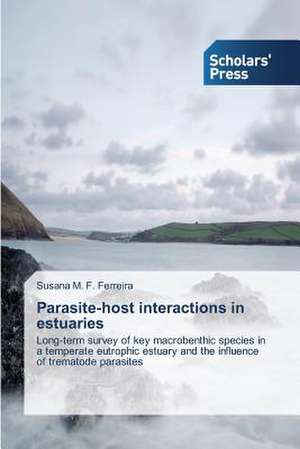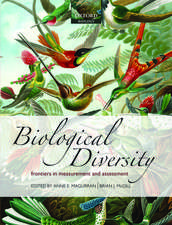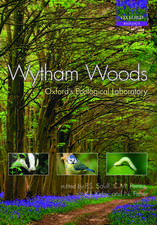Parasite-Host Interactions in Estuaries: Indigenous Perceptions of the Healthcare System
Autor Susana M. F. Ferreiraen Limba Engleză Paperback – 17 noi 2014
Preț: 364.67 lei
Nou
Puncte Express: 547
Preț estimativ în valută:
69.78€ • 73.04$ • 58.08£
69.78€ • 73.04$ • 58.08£
Carte tipărită la comandă
Livrare economică 31 martie-14 aprilie
Preluare comenzi: 021 569.72.76
Specificații
ISBN-13: 9783639667035
ISBN-10: 3639667034
Pagini: 144
Dimensiuni: 152 x 229 x 9 mm
Greutate: 0.22 kg
Editura: Scholars' Press
ISBN-10: 3639667034
Pagini: 144
Dimensiuni: 152 x 229 x 9 mm
Greutate: 0.22 kg
Editura: Scholars' Press
Notă biografică
SMF Ferreira is a PhD in Biology (specialization in Ecology) by the University of Coimbra, dedicated to marine research in Portugal. She is currently an Adjunct Professor the Polytechnic Institute of Leiria; Senior Researcher at CFE - Centre for Functional Ecology; Collaborator at GIRM - Marine Resources Research Group.













